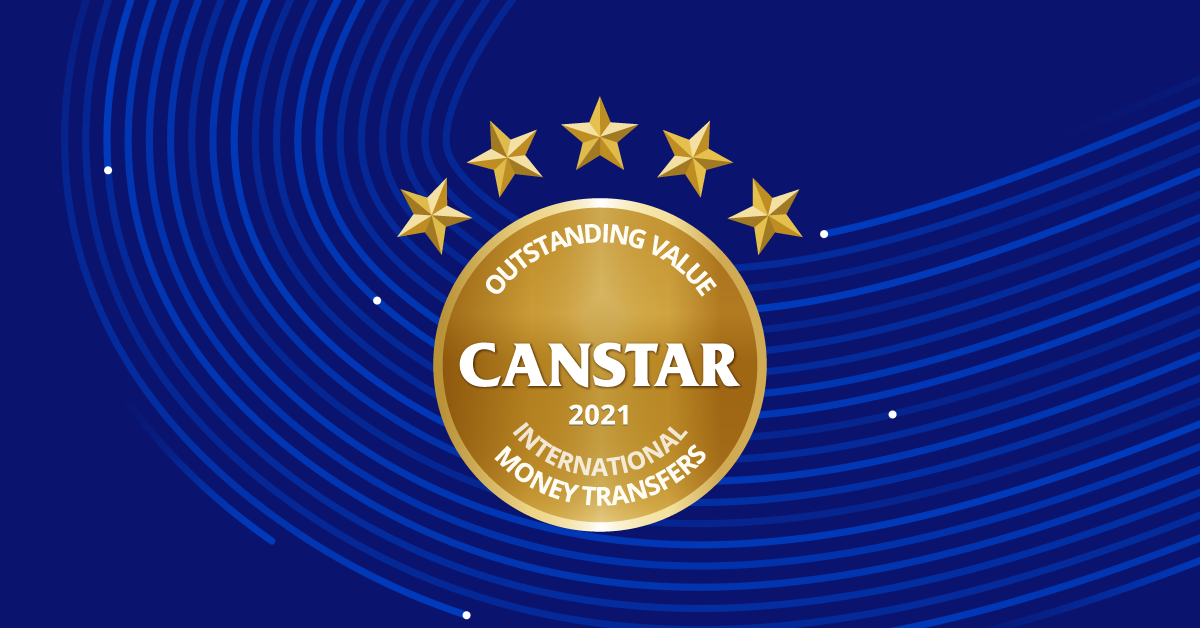
Increased Security with Strong Customer Authentication (SCA)
4 novembre 2019 — 2 min read
A new industry-wide regulation called Strong Customer Authentication (SCA) is coming into force. This is part of the revised EU Payment Services Directive (PSD2) that took effect in January 2018. Backed by the FCA (Financial Conduct Authority), this regulation includes the requirement of two-factor authentication to protect your Xe Money Transfer account.
Whilst companies such as Apple and Google have been using this authentication method for years, it is now required for all payment service providers, including banks.
The aim of SCA is to increase security of online payments and provide greater protection against fraud, making it even harder for a hacker to steal your personal data. You can find out more details about it here.
We place the highest importance on ensuring the security of your information, which is why we’re embracing the move towards SCA.
What is two-factor authentication?
Under two-factor authentication, two forms of ID are required in order to confirm an action. This could be any combination of two out of the three categories below:
Something you know (e.g. log in details)
Something you have (e.g. phone)
Something you are (e.g. fingerprint)
This means, for example, you could access your account using your login details and confirmation of a code sent through to your phone.
This tells us that it really is you trying to complete a certain action.
What does it mean for me and my transfers with Xe?
We will ask customers in the UK and Europe to verify a code at login, which we will send in a message to your phone. It’s really easy to do, and the instructions will be clear on the website for you. This means that we can confirm it is you, increasing the security of your account.
Please check that the phone number on your account is correct to ensure we send the code to the right number.
Don’t worry – if you forget your password or change your phone number then you will still be able to access your account, simply follow the instructions we provide.
Log in to your Xe Money Transfer account today.
Related Posts

20 ottobre 2024 — 2 min read

20 dicembre 2021 — 2 min read

12 luglio 2021 — 5 min read

30 aprile 2021 — 3 min read

20 ottobre 2020 — 2 min read

12 ottobre 2020 — 2 min read